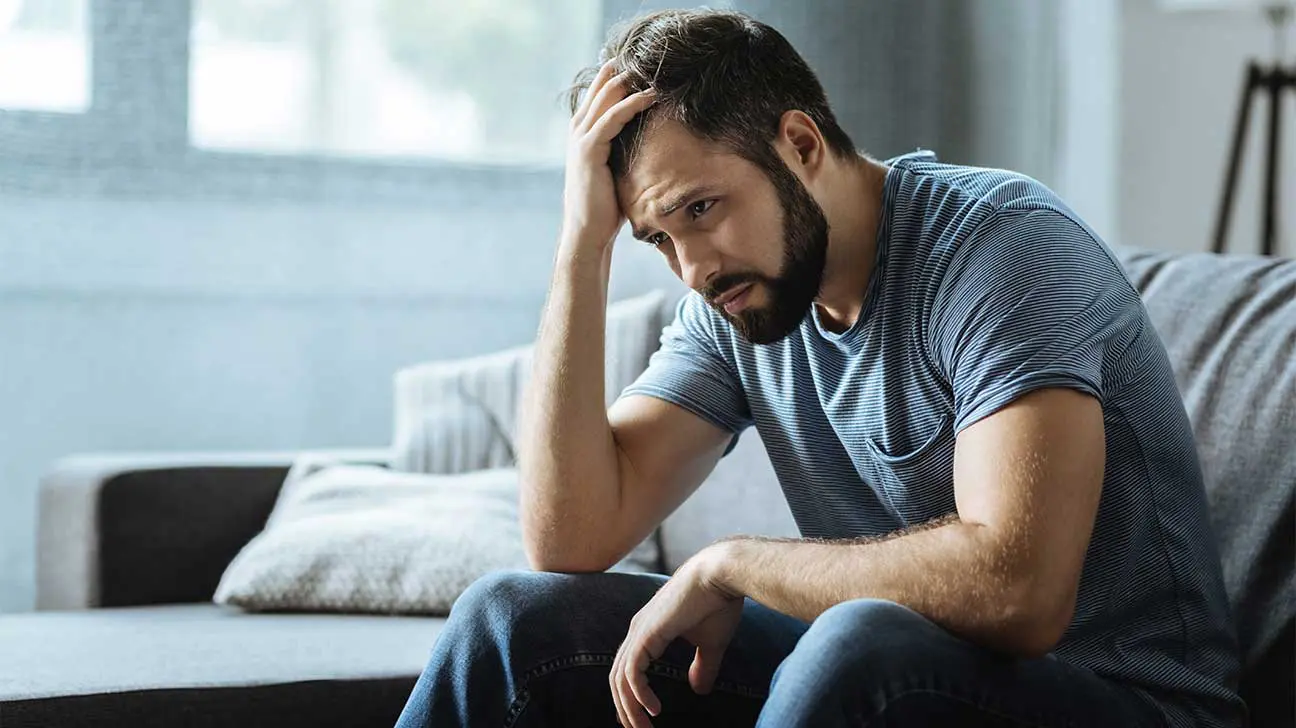
Medically supervised detox is the standard for opioid addiction. The medical staff is trained and prepared to help ease the withdrawal symptoms associated with opioids.
Not everyone believes that they can afford medically supervised detox, so they attempt several alternative methods such as Kratom, going cold turkey, or the Thomas recipe.
These ‘at-home’ methods are not safe and are not encouraged by addiction specialists. It is important to discuss detoxing from opioids with a medical professional, before attempting any detox regimen.
The Thomas Recipe — What Is It?
The Thomas Recipe is a strict two-week regimen that was first designed to aid in the detoxification from heroin. It has since been adopted by people struggling with different types of opioid withdrawals.
The Thomas Recipe consists of the following ingredients:
- benzodiazepines (Ativan, Xanax, Valium, Klonopin)
- supplements that contain 100% of the following-potassium, copper, zinc, magnesium, and phosphorus
- L-Tyrosine 500mg capsules
- vitamin B6 capsules
- Imodium or loperamide
Some of the ingredients in The Thomas Recipe are only available by prescription, like benzodiazepines. If a person cannot obtain a prescription, they may seek illegal means to obtain these prescription medications.
Additionally, benzodiazepines can be highly addictive, especially when taking them without medical supervision.
How Does The Thomas Recipe Work?
The Thomas Recipe combines a number of different medications and supplements to combat the withdrawal symptoms associated with opioids. Opioid withdrawal is often painful, and keeping a person comfortable throughout withdrawal can help prevent relapse.
Benzodiazepines work to combat symptoms of anxiety, promote relaxation, and can even aid in sleep. These are all important when a person is detoxing from opioids. The Thomas Recipe suggests that a person only take benzos for a couple of days at the beginning of detox.
Supplements and vitamins to help restore balance to the body, and promote hydration, appropriate neurotransmitter levels, and decrease stress.
Taking an anti-diarrheal medication, like Imodium, to help treat the gastrointestinal issues associated with opioid withdrawal.
The Thomas Recipe also strongly encourages staying nearby a bathroom due to anticipated nausea, vomiting, and diarrhea. The Thomas Recipe also encourages hot showers or hot tubs to aid in muscle aches and pains due to opioid withdrawal.
Other Types of Opioids
There are many different types of opioids, and they all can result in developing tolerance, addiction, and physical dependence. Once a person is dependent on opioids, their body relies on the opioid to function. Without the opioid, the body will go into withdrawal.
This list is just some of the opioids that can be connected to addiction, dependence, and withdrawal:
- heroin
- methadone
- meperidine (Demerol)
- hydrocodone (Vicodin)
- codeine
- hydromorphone (Dilaudid)
- oxycodone (Percocet or OxyContin)
- morphine
Symptoms of Opioid Withdrawal
Once tolerance develops, a person needs more of the drug to feel the same result as prior doses. If a person stops taking opioids, they will experience withdrawal symptoms.
These withdrawal symptoms are uncomfortable and can be extremely painful. It is important to seek medical assistance when experiencing opioid withdrawal, because a person can easily relapse during this phase, just to avoid these symptoms.
Symptoms of opioid withdrawal include:
- muscle aches
- diarrhea
- sweating
- anxiety
- dilated pupils
- nausea
- vomiting
- agitation
- insomnia
- abdominal cramping
- seizures
Detoxing Without Medical Supervision
While opioid withdrawal symptoms are not typically fatal, there are times that opioid withdrawal can become dangerous. It is important to have medical professionals assist in detox.
Some situations that can become dangerous include:
- aspirating vomit
- infections from inhaling vomit
- injuries that may occur during seizures
- drug interactions with ingredients from self-detox on daily meds
- heart and lung damage
Seeking Help For Opioid Addiction
When a person is dependent on opioids, it can feel impossible to stop on their own. If a person is also addicted to opioids, the situation becomes even more complex.
Opioid addiction combines physical dependence and psychological dependence. The body and brain both crave opioids and cannot function properly without the drug.
The treatment for opioid addiction includes medically supervised detox, a possibility of medication-assisted treatment (or MATs), an inpatient program that is comprehensive and holistic, as well as a thorough aftercare plan.
Getting Help Today
A group of professionals is available to help you find the treatment program that best meets your needs. Reach out to us and let us locate one of our programs that is best suited for you.


